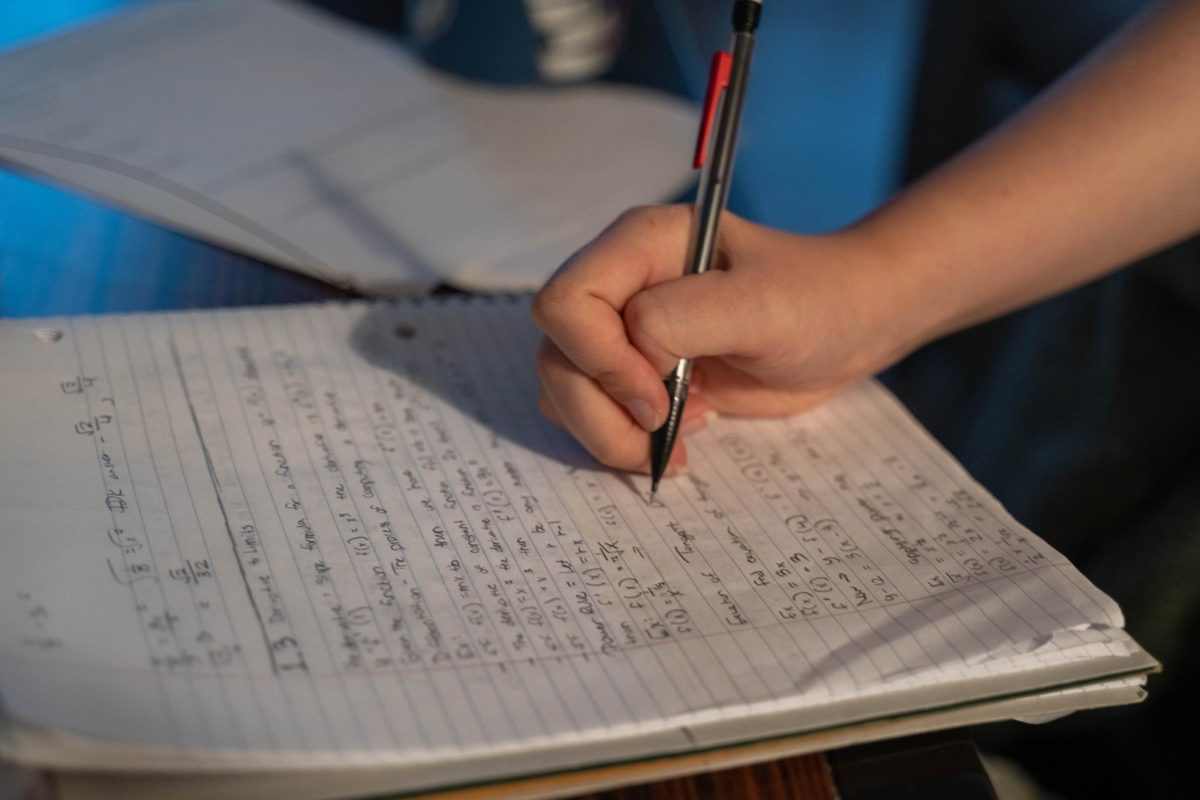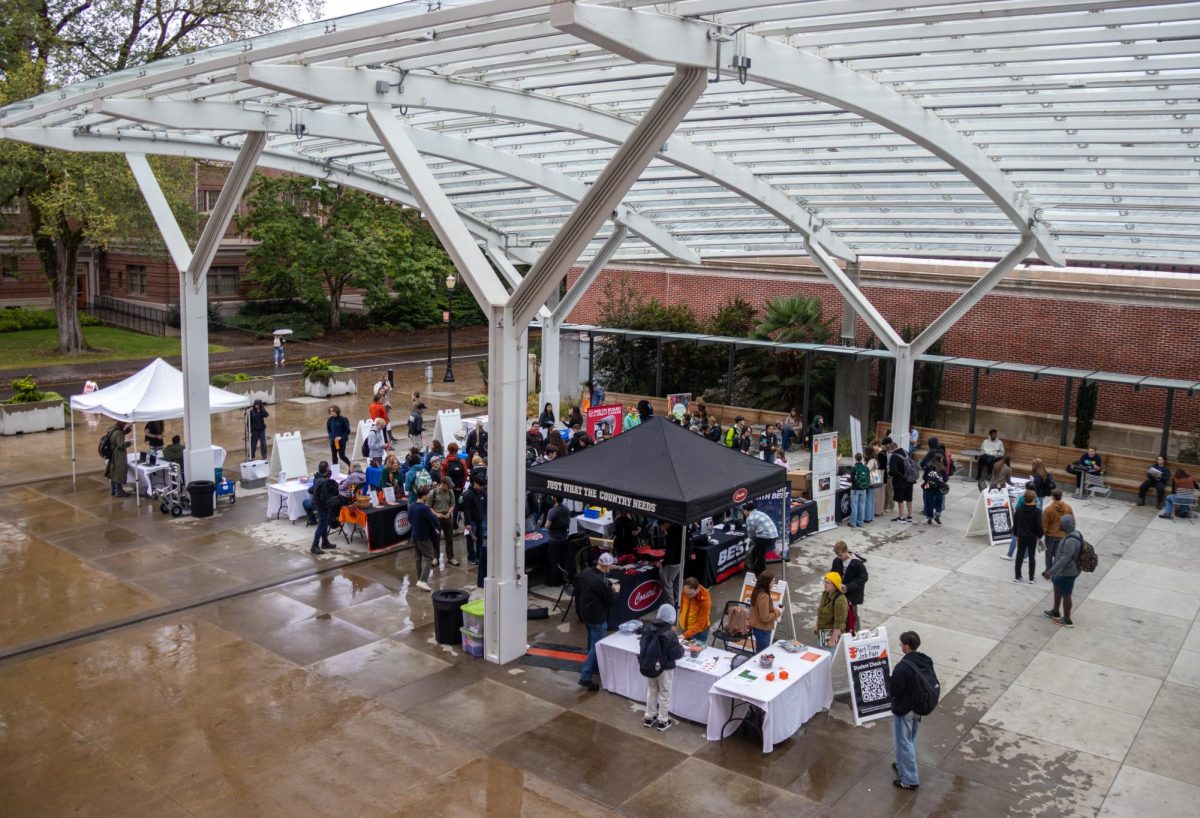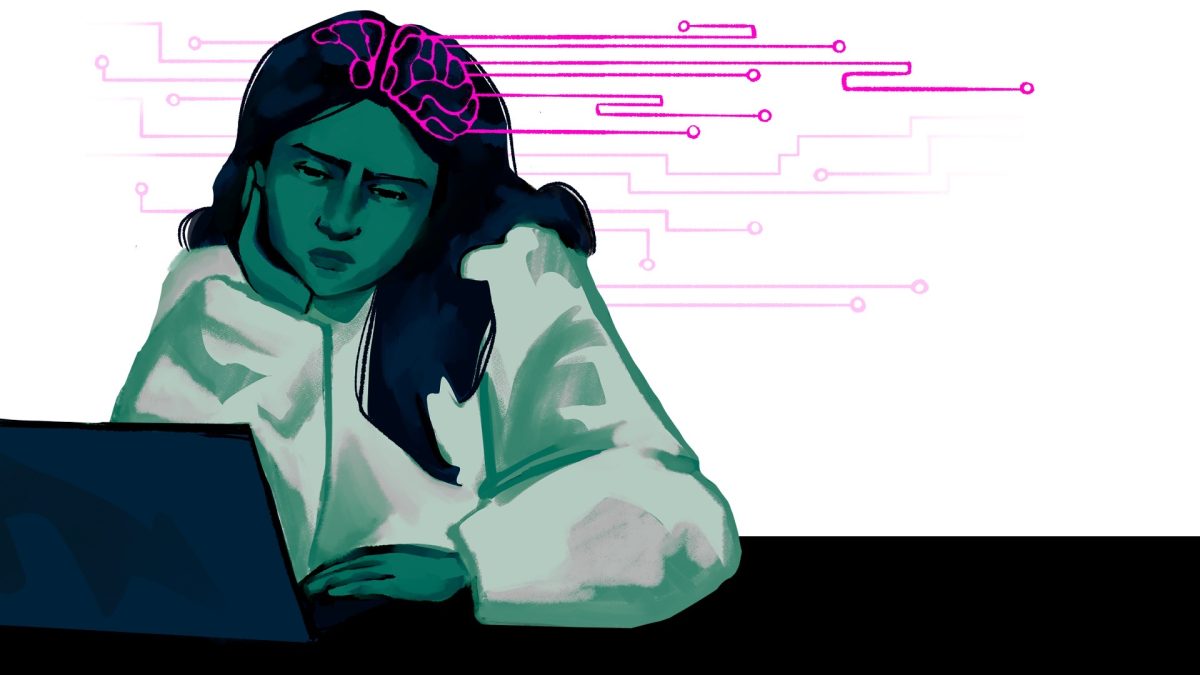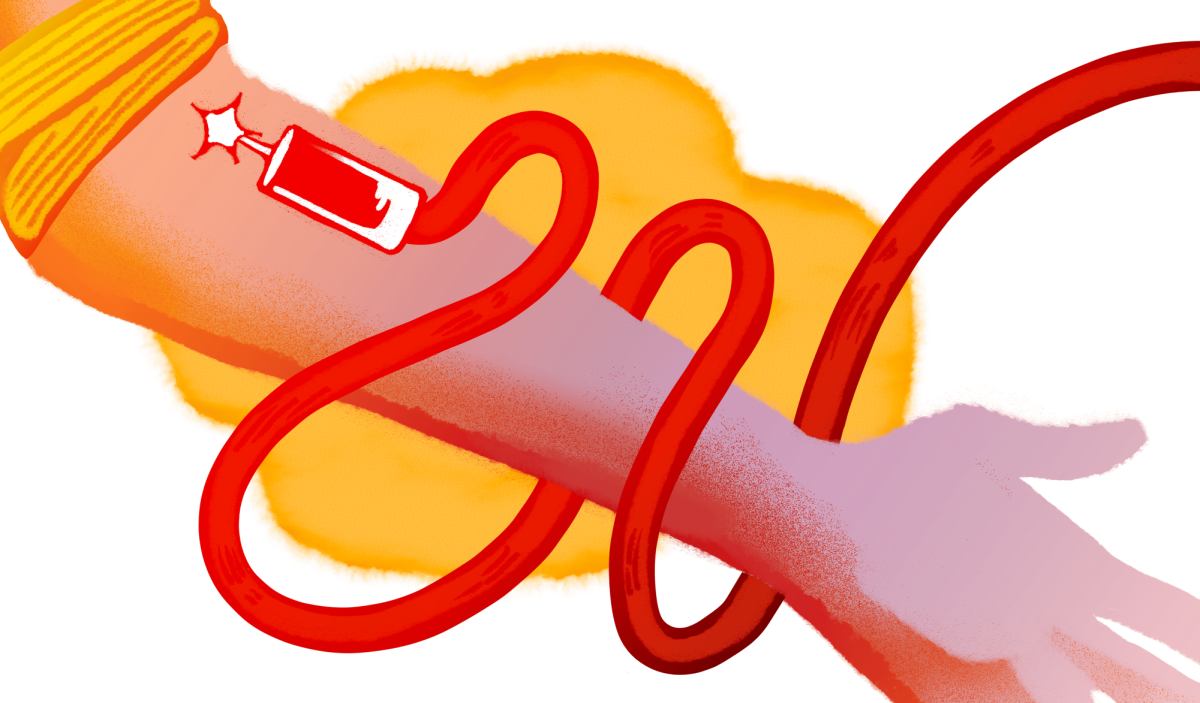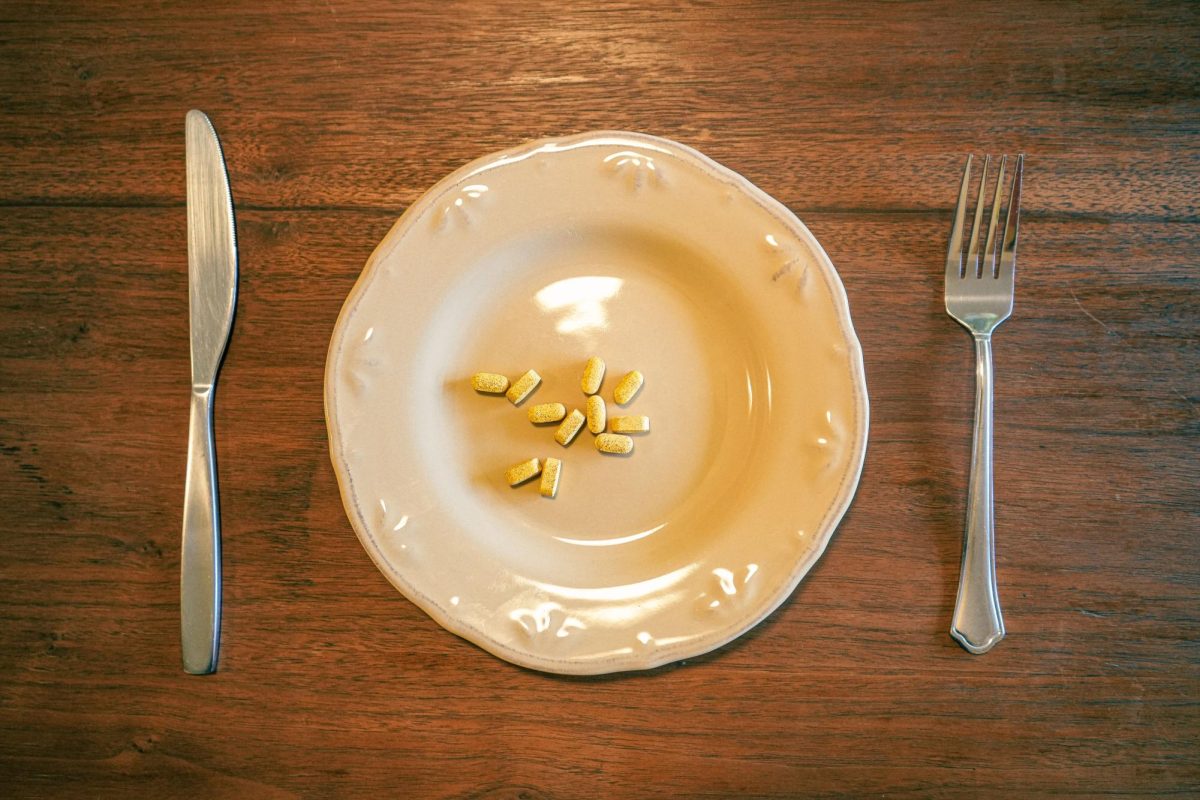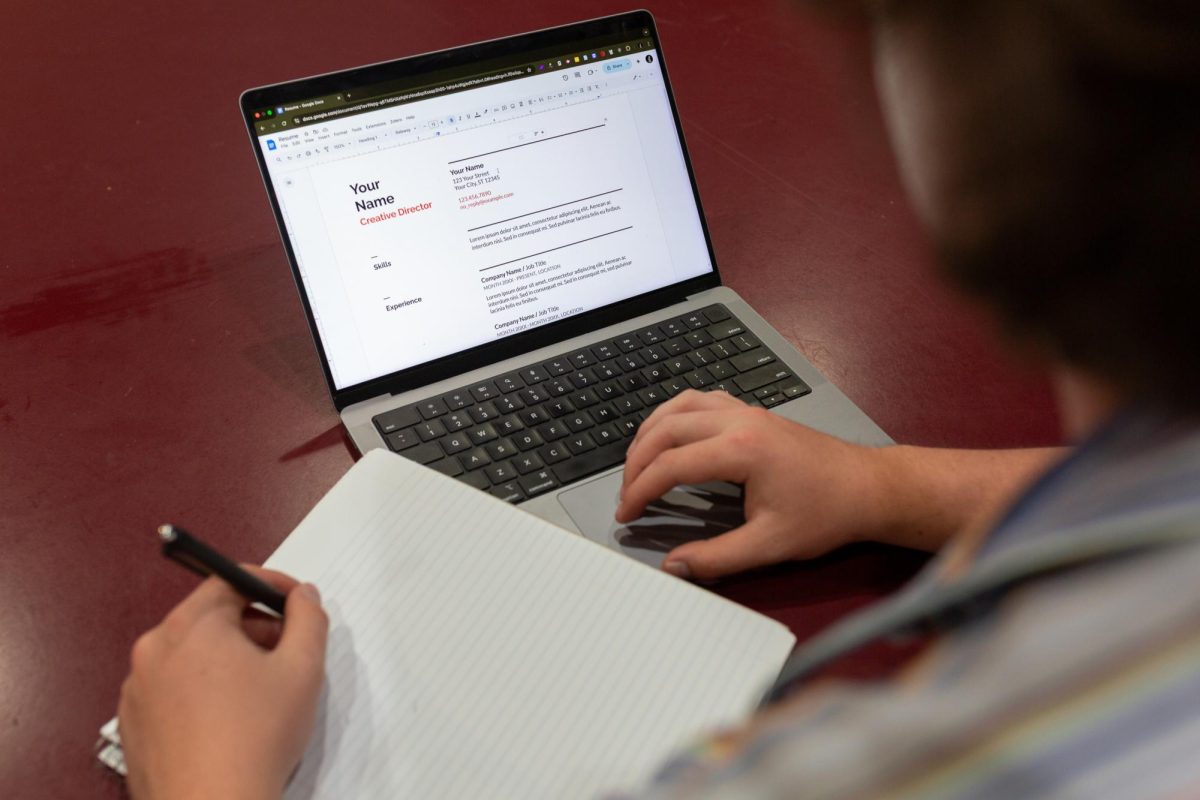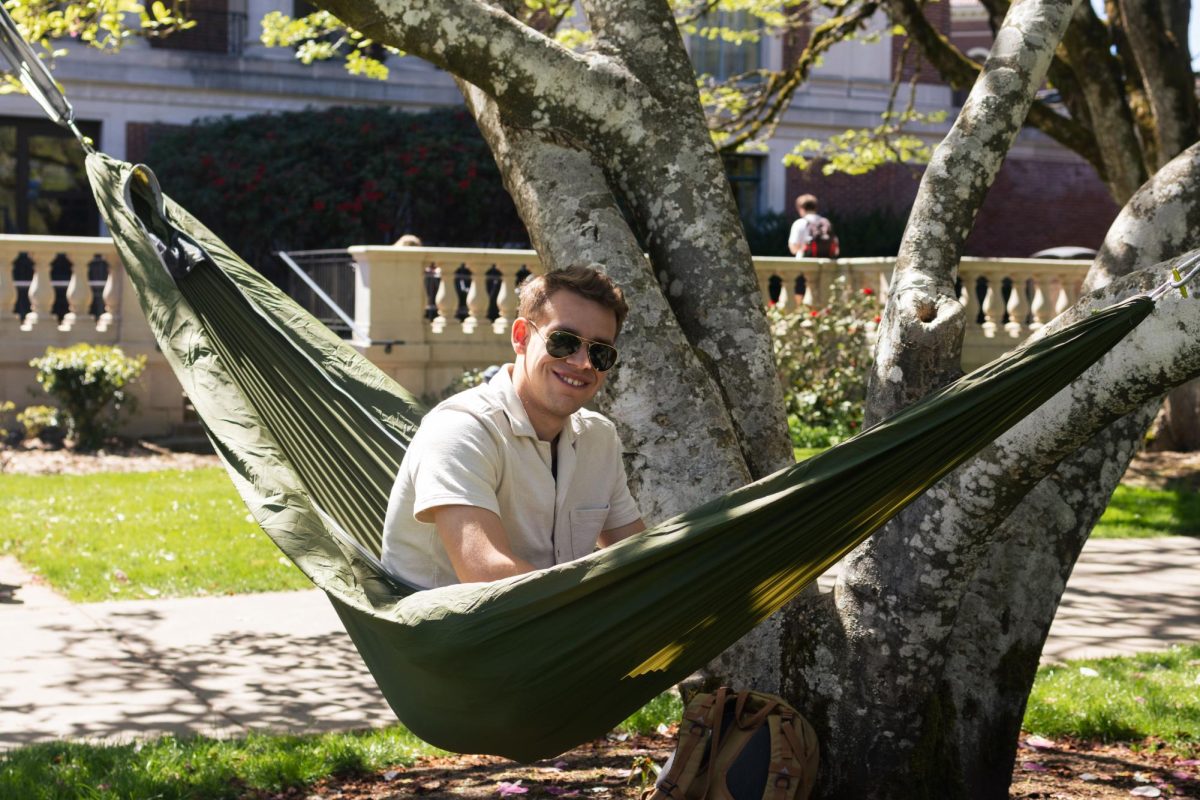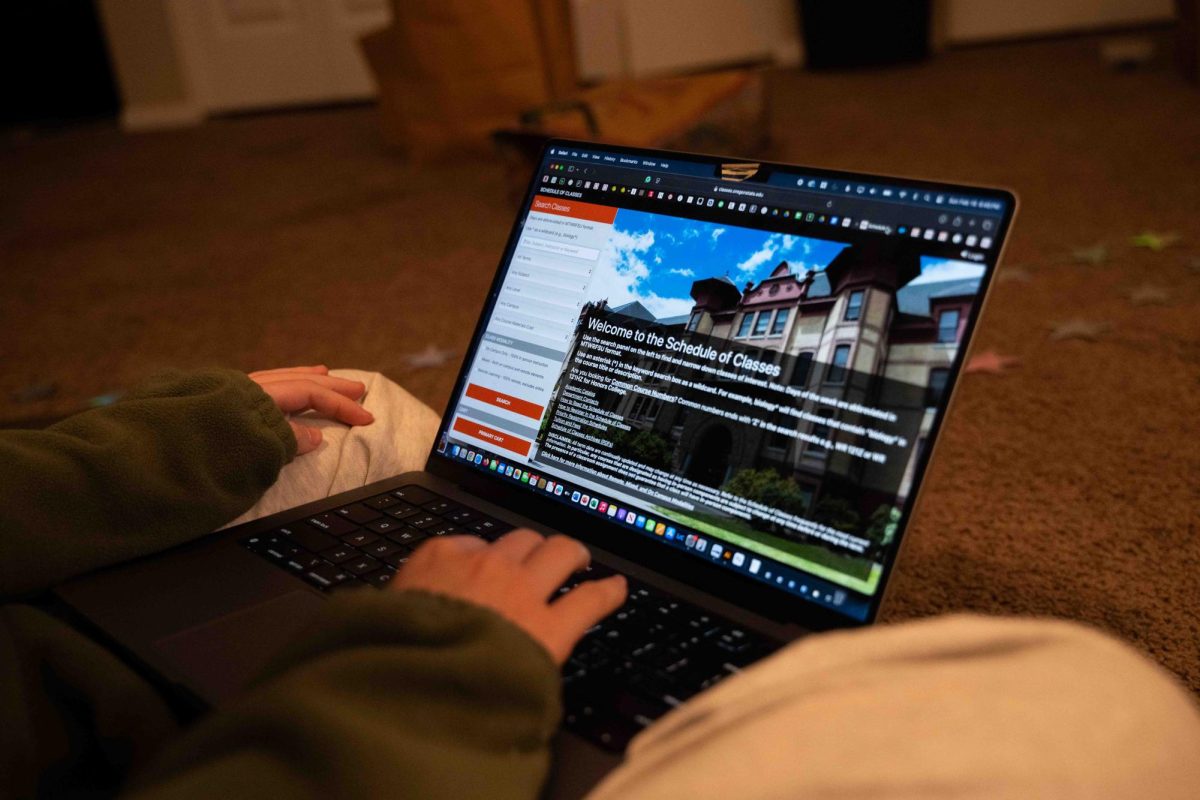Looking around the morning classroom, a bright-eyed and bushy-tailed college student watches the unzipping of pencil pouches, the harrowing selection of highlighter colors and the flipping to fresh lined– or squared– notebooks.
The gentle ring of an iPad awakening, the whirring of a PC as it’s turned on joins the symphony of students preparing to take notes on another day of lecture.
Note-taking styles are as personal as a lockscreen. But educators, psychologists, and students alike are often in contention of one key aspect of the note-taking process: digital or handwritten? As it turns out, there’s an easy answer– it doesn’t matter.
“Here’s what matters: not being distracted,” said Regan Gurung, professor and director of Oregon State University’s general psychology program and author of the book Study Like a Champ.
Gurung explained that the idea of the pen being mightier than the laptop when it comes to note-taking comes from a 2014 study that concluded participants who had taken their notes longhand (writing with pen on paper) performed better over a variety of testing questions.
“Problem is, it was one study,” Gurung said. “And anytime in science, you’ve got to be worried about just one study.”
Other researchers set out to replicate the study; re-creating it with their own participants and seeing if they got similar results. The results of the studies were across the board, according to Gurung, meaning, our brains are not necessarily hardwired to forget things typed out on a screen.
We’re just more likely to forget if we’re also watching email notifications pop up on our phones, toggling between an assignment for a different class, or watching the person in front of us do the Wordle.
“Your note taking doesn’t matter anymore, because you’re now distracted,” Gurung said.
With a pen and paper, you can eliminate a lot of those distractions. According to Gurung, you’re more likely to do some mental processing, and then write stuff down – which strengthens the links your brain makes between short-term and long-term memory.
“Now mind you, I say more likely,” Gurung said. “There are some people who will hand write exactly what’s on the PowerPoint… That’s another great case where it doesn’t matter whether it’s longhand or the computer, you’re not doing well.”
Phones are an easy distraction, but even if there’s not a screen out in a lecture hall – it’s very easy to get distracted and disrupt the focus good notes are built on.
“Anything that distracts you. Music, somebody talking next to you, somebody eating, crunching, and anything on your phone, that sticky note, it’s reducing your attention,” Gurung said.
That’s a lot of distraction to minimize, especially in large classes. Todd Pugatch, a professor of economics at OSU, prohibits the use of cellphones and laptops in class, citing in his syllabus a New York Times article that comes to similar conclusions about the power of distraction.
“You’re in class for two hours at a time, that’s a long time to sit down and pay attention,” Pugatch said. “The temptation to do something else during that time is really high, so I sympathize with that. My hope is that putting a policy like this in place kind of helps save students from themselves by minimizing that distraction to the benefit of their learning, which is ultimately what we’re all here to do.”
The bottom line is, it’s not what you take your notes on, but how engaged you are with them. For some students, laptops allow them to take quicker notes and supplant diagrams from the textbooks. For others, the old pen on paper allows them more organizational freedom.
“I feel that using paper notes gives me a much more tangible feeling when I’m writing and improves my ability to visualize the information in my head,” said Faris Qureshi, a third-year biochemistry major at OSU.
Some students use laptop, tablet, and paper interchangeably, like Vaishnavi Chandu, also a third-year biochemistry student at OSU. According to Chandu, having notes in all forms helps reinforce the material.
“On my iPad and paper I don’t get super distracted, but definitely on my laptop because it’s so tempting to switch between tabs, and then I get very distracted,” Chandu said.
The dawning of the new semester can be a good time to re-evaluate study habits, especially at ground zero: The notes taken in class. Consider taking a page out of researcher’s notebooks (or switching tabs) and start by minimizing distraction.

